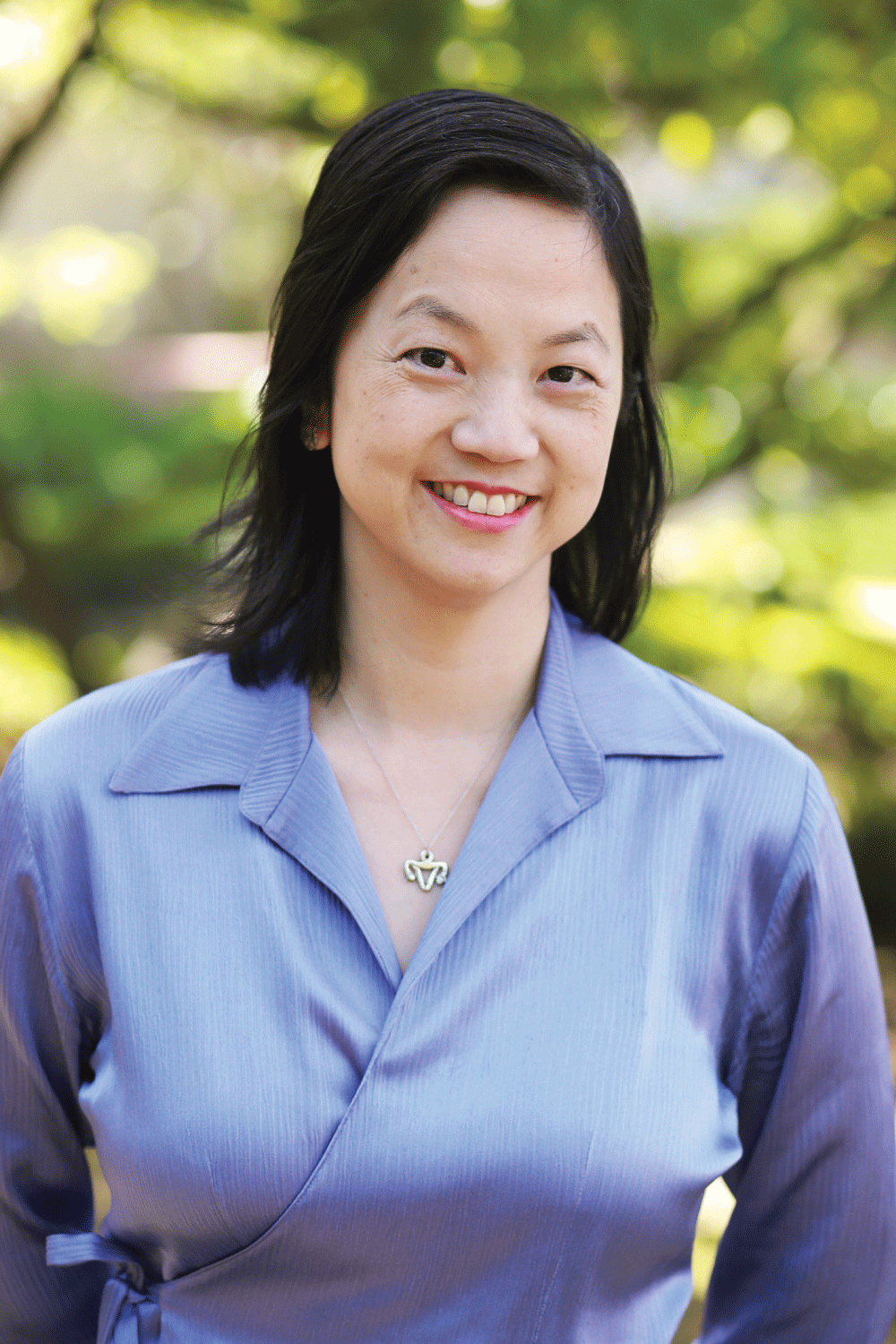
Sophia Yen is a woman with a mission: to make it as easy as possible to prevent unplanned pregnancies by making prescription contraceptives available online.
A year ago Yen, along with a pharmacist and three others, cofounded Pandia Health, a Web-based service that automatically sends refills of three different types of prescription birth control: the pill, ring, or patch. The service also provides prescriptions if needed, with no required in-person medical encounter. Patients must fill out a detailed health questionnaire and submit a blood pressure reading taken at a doctor’s office, ER visit, or local pharmacy or grocery store within the past 365 days.
Yen calls this effort “almost a culmination of my life’s work,” noting that she has been interested in medicine since childhood. She earned an SB in biology from MIT, where she found a mentor in former MIT Medical pediatrician Mark Goldstein. She also participated in what was known as “a contraceptive road show,” visiting MIT’s living groups to share information about birth control. After MIT, she earned an MD from UC San Francisco and a master’s degree in public health from UC Berkeley. She is now a clinical associate professor of pediatrics at Stanford Medical School but devotes much of her time to Pandia Health.
Yen also cofounded SheHeroes, which produces video profiles of female professionals, including MIT professor Angela Belcher, to inspire girls to pursue careers in science, technology, engineering, and math.
Although reproductive health is her passion, Yen is also conversant in fund-raising, marketing, and revenue projections. She did the accounting for her parents’ personal accounts starting as a fourth grader, and at MIT she was treasurer for her class as well as for her sorority, Alpha Chi Omega. “I have business in my blood,” she says, noting that her grandfather was an entrepreneur and so are her parents, who opened a Silicon Valley company involved with chip manufacturing.
Her accessories offer a revealing glimpse into Yen’s background. “I’m the only startup founder with a uterus necklace around my neck and a beaver ring on my finger,” she says with a laugh.
Keep Reading
Most Popular
Large language models can do jaw-dropping things. But nobody knows exactly why.
And that's a problem. Figuring it out is one of the biggest scientific puzzles of our time and a crucial step towards controlling more powerful future models.
The problem with plug-in hybrids? Their drivers.
Plug-in hybrids are often sold as a transition to EVs, but new data from Europe shows we’re still underestimating the emissions they produce.
How scientists traced a mysterious covid case back to six toilets
When wastewater surveillance turns into a hunt for a single infected individual, the ethics get tricky.
Google DeepMind’s new generative model makes Super Mario–like games from scratch
Genie learns how to control games by watching hours and hours of video. It could help train next-gen robots too.
Stay connected
Get the latest updates from
MIT Technology Review
Discover special offers, top stories, upcoming events, and more.